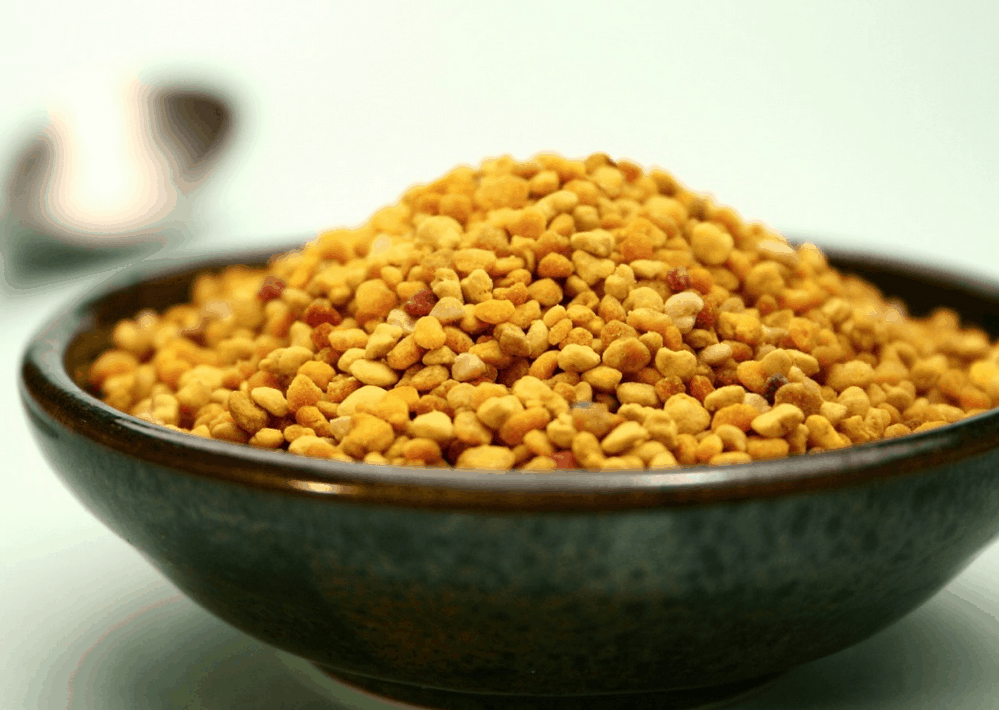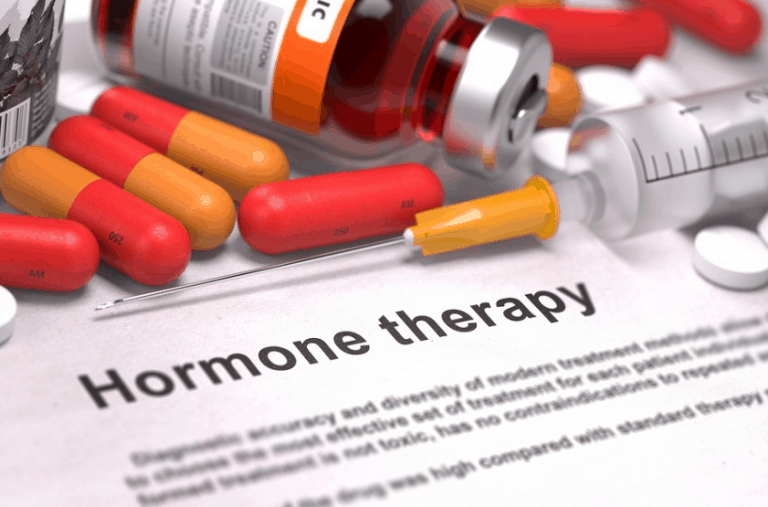The prostate gland is called upon to participate in many tasks that affect the urinary tract, sexual function, reproductive health, and overall health as well. At the same time, the prostate is susceptible to problems, including enlarged prostate (benign prostatic hyperplasia, BPH), prostatitis (inflammation of the prostate), and prostate cancer. Therefore it’s important to support and restore prostate health on a continuous basis. Two natural substances that can help with this challenge are pollen and quercetin.
Both pollen and quercetin can be taken individually to nurture prostate health, but they also work well together in formulas designed to promote prostate health.
Pollen for Prostate Health
Pollen makes some people sneeze, but pollen extracts have properties that support and restore prostate health. Pollen extracts contain pollen from a variety of specific plants, and the end product consists of standardized amounts of ingredients.
A common pollen extract is Graminex flower pollen extract, which contains rye, corn, and timothy pollens and is available under various brand names but referred to as cernilton generically. For nearly four decades, cernilton has been used in Europe to manage symptoms of prostatitis and enlarged prostate, and with good success.
Basically, success has been associated with the ability of pollen to fight inflammation and cause the bladder to contract, two activities that help urinary flow. Pollen also may inhibit the growth of prostate cells, which can help control prostate size. For example:
- A 2006 study compared use of cernilton (70 patients) with placebo (60 patients) in men who had the most common type of prostatitis: chronic prostatitis/chronic pelvic pain syndrome, or CP/CPPS. The study lasted 12 weeks, and at the end the men who had taken pollen extract reported significant improvements in symptoms of prostatitis, pain, and quality of life compared with men in the placebo group. Pollen extract also was not associated with any severe side effects.
- Sixty men who had CP/CPPS were assigned to receive either pollen extract or a placebo for six months. At the end of the study, the men who had taken the pollen extract had either no symptoms of prostatitis or significant improvement. The authors concluded that the pollen extract was “superior to placebo in providing symptomatic relief in men with chronic nonbacterial prostatitis/chronic pelvic pain syndrome.”
- Men with an enlarged prostate can benefit from pollen extract. An early study published in the British Journal of Urology reported that 69 percent of men who took cernilton daily for six months experienced an improvement in symptoms compared with only 30 percent of men who took a placebo.
- A review of four studies that included 444 men with an enlarged prostate was published in the Cochrane Database Systemic Review. The covered trials lasted from 12 to 24 weeks, and all of the studies used cernilton. Overall, use of the pollen extract resulted in an improvement in urinary symptoms when compared with placebo. The reviewers did not see an improvement in prostate size, however, associated with the use of pollen extract.
Quercetin and Prostate Health
Quercetin is a phytonutrient found mainly in apples, berries, grapes (red), onions, red wine, and tea. Its anti-inflammatory and antioxidant properties make it a good candidate for helping with the management of prostate conditions, such as an enlarged prostate and prostatitis.
A number of studies have illustrated the benefits of quercetin for prostate health. Here are a few examples.
- Twenty-eight men who had chronic prostatitis/chronic pelvic pain syndrome took either 500 mg of quercetin twice a day or placebo for one month. An additional 17 men took a supplement that contains quercetin along with bromelain, cranberry, papain, and saw palmetto. After one month, the International Prostate Symptom Score declined from 21.0 to 13.1 in the men who took quercetin and from 20.2 to 18.8 in the placebo group. An improvement in prostatitis symptoms of at least 25 percent was reported by 20 percent of men who took placebo, 67 percent of men who took quercetin, and 82 percent of men who took the combination supplement.
- The same author conducted another study more than a decade later, and this one involved 100 men with chronic prostatitic/chronic pelvic pain syndrome. A multimodel therapy program was used in this study, and the bottom line was that use of quercetin was associated with a greater decline in the Chronic Prostatitis Symptom Index than other approaches.
Quercetin and Prostate Cancer Benefits
Quercetin has shown some prostate cancer fighting ability. At State University of New York at Buffalo, for example, investigators reported that quercetin inhibited the growth of moderately and highly aggressive prostate cancer cell lines, even though the phytonutrient had no effect on a poorly aggressive prostate cancer cell line.
Several studies also have shown that quercetin has an ability to interrupt the spread of prostate cancer and to inhibit tumor growth and angiogenesis (production of blood vessels that nurture prostate tumors).







